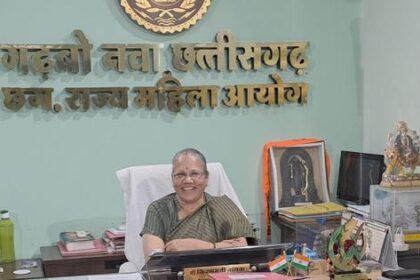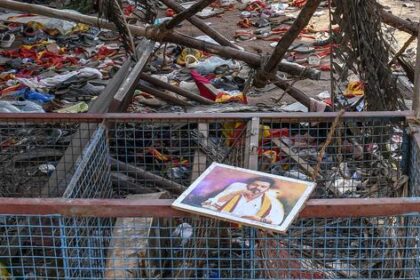Revisiting the timeless tales of Vikram and Vetala for modern readers and seekers of wisdom.
Raja Vikramaditya, as before, cut the corpse loose and threw it over his shoulder. As he began his journey towards the bargad tree, the vetala spoke once more, offering a tale to ease the Raja’s toil. This tale unfolded in the city of Vishvapura, ruled by the king Vidagdha, where a learned brahmin named Narayana resided. Narayana dedicated his life to mastering various arts, including the remarkable skill of transferring his consciousness into another body. Yet, despite his knowledge, Narayana was old and frail, often lamenting, “I wish I could accomplish more, but this old body hinders my ambitions.”
Fate, however, had a different plan. Narayana became gravely ill with an incurable fever and eventually passed away. His grief-stricken parents, alongside relatives and brahmins from the ashram, carried his lifeless body to the cremation ground. As they placed his body on the pyre, a wave of sorrow swept through the gathering, echoing their lament for the untimely loss of a young life.
Living near the cremation ground, Narayana had always been curious about the world around him. When he heard the mournful cries, he emerged from his hut to discover the cause of such sorrow. Upon realizing that the body on the pyre belonged to a sixteen-year-old boy, he was overcome with emotion, bursting into tears. Yet, in an unexpected turn, he erupted into laughter, abandoning his own frail form and entering the young body on the pyre.
As he embraced this new life, the boy’s spirit responded, “Lord Shiva has granted me re-life, but with the condition that I shall pursue only knowledge. A true yogi must transcend the river of hope through asceticism, stilling his senses to focus solely on the mind. Desire is insatiable; although the body may weaken with age, desires remain potent. Life flows on, marked by the cycles of day and night, childhood and old age, ultimately leading to death. Each person has their own desires and methods of fulfillment. Life resembles a dream that can bring both joy and sorrow. The wise navigate through these desires, avoiding the traps of anger and lust, often choosing a life of pilgrimage instead.”
With a heavy heart, he addressed his parents and relatives, saying, “I must depart and embark on a pilgrimage.” Thus, the old man found himself living anew in the youthful body of a teenager, a transformation filled with potential and purpose. The vetala turned to Vikramaditya and posed a question: why did the old brahmin cry and then laugh before entering the boy’s body? The vetala warned that failing to answer would lead to dire consequences.
Vikramaditya responded confidently, explaining that the old man wept due to the sorrow of leaving his familiar body behind, yet he laughed at the prospect of experiencing life anew in a younger form. Upon delivering the answer, the corpse on his shoulder detached itself, hanging from a branch of the shisham tree, marking yet another twist in this enthralling tale.








